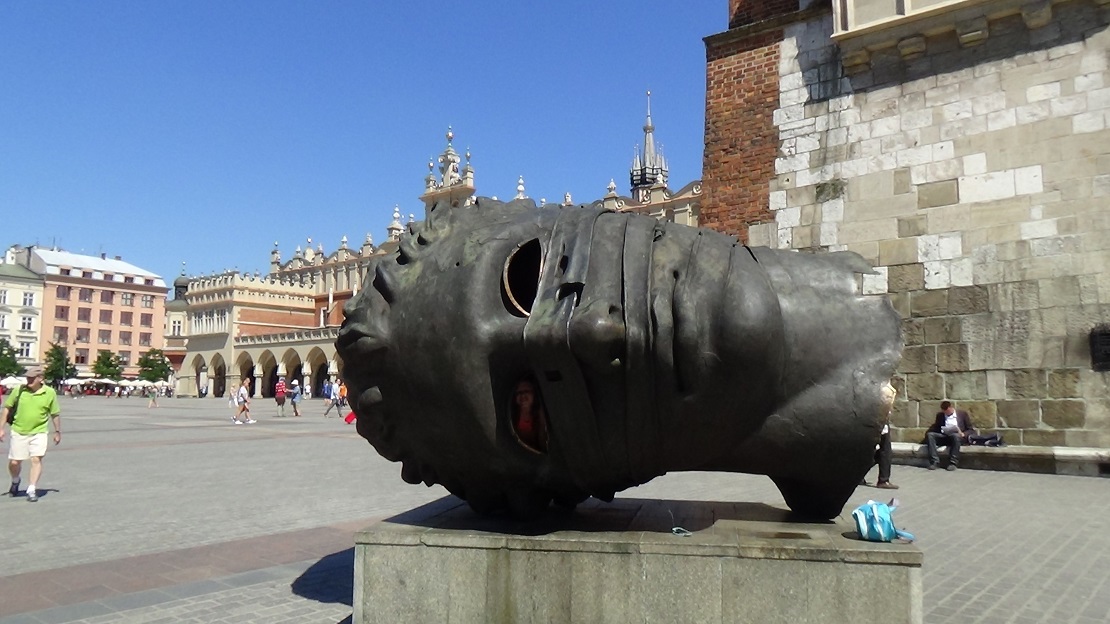EMERGENCY NUMBERS
In Poland, as in the whole EU, there is a free emergency number 112
You can call this number in any emergency situation. It is a central national number that directs to appropriate services. In addition, you can also directly call specific services available under the following numbers:
997 - Police
998 - Fire Brigade
999 - Emergency medical services
POLISH CURRENCY
In Poland there is a zloty (PLN), international currency code: PLN
The zloty is divided into 100 cents (gr)
The National Bank of Poland issues banknotes in denominations:
PLN 10, PLN 20, PLN 50, PLN 100, PLN 200 and PLN 500
There are also coins in circulation:
1 grosz, 2 grosze, 5 groszy, 10 groszy, 20 groszy, 50 groszy, 1 zloty, 2 zlote, 5 zloty
Current average exchange rates are published by the National Bank of Poland: www.nbp.pl
HEALTH SERVICE- HOW TO USE?
When coming to Poland, it is worth remembering about health insurance.
Foreigners wishing to use free medical services in Poland should:
a) students or non-working people:
• register at the nearest National Health Fund in the province
b) people employed in Polish enterprises
• take with you a passport and a document from ZUS (Social Insurance Institution) confirming that the employer pays insurance premiums
• it is worth entering the PESEL number if the foreigner has one.
A useful address of the National Health Fund in the Świętokrzyskie Voivodeship: www.nfz-kielce.pl
Świętokrzyski Provincial Branch of the National Health Fund (Świętokrzyski Oddział Wojewódzki NFZ)
25-025 Kielce
ul. Jana Pawła II 9
Free Telephone Patient Information
800 190 590
TELECOMUNICATION IN POLAND
In Poland, in accordance with the provisions of the anti-terrorist law, each SIM card should be registered. You can buy a starter kit (available in salons or kiosks) and then activate it in the Salon. The card should be topped up at least in periods indicated by the operator (eg every month or every three months - the length of this period depends on the value of top-up) or more often, when the available funds are used. A passport or residence card is required for registration.
TRANSPORT IN POLAND
W In every major city in Poland, local transport operates. Usually there are buses, trams and a metro in Warsaw. Timetables are available at every stop and on the Internet.
Tickets for journeys can be purchased online, at kiosks, station ticket offices, or directly in the means of transport in special machines.
To find a specific connection and location via GPS, it is worth using the application www.jakdojade.pl.
Travel (including international) can also be planned via the service
www.e-podroznik.pl, or Polish railways www.pkp.pl.






